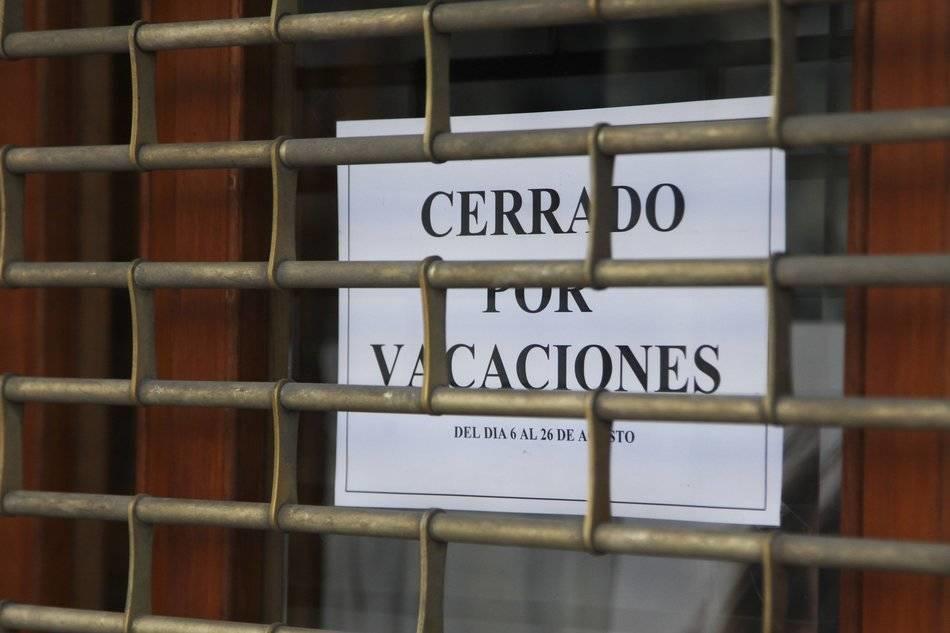RIO DE JANEIRO, BRAZIL – The signs that say “on vacation” are misleading. As they say, small town, big hell, the neighbors in the area know the reason for the lowered shutters in every store in their neighborhood. Their owners do not want to alarm, but they had to close, in many cases, because of the number of Covid cases and close contacts.
According to the Argentine Chamber of Commerce estimates, absenteeism reaches up to 35% in some provinces. “The situation is complex but variable,” describes Mario Grinman, president of the entity. The provinces of Buenos Aires and Santa Fe are around that percentage, while Córdoba is at 30%, Chaco at 27%, Mendoza and Salta at 25%, Tucumán at 20%, and Corrientes at 10%.
An essential fact is that most of the absentees are close contacts. They are between 60 and 62%. About 40% are confirmed with Covid.
According to the Federation of Commerce and Industry (FECOBA), it reaches 20% in Buenos Aires’ stores. In the industrial sector, the impact on personnel is even higher, with 27% in factories located in the City of Buenos Aires.

What is worrying is the impact of reality rather than the decisions of the health authority. “Closing a store today is madness. After so much time, what happened to us in 2020 and the incipient recovery, not growth, to close again, for some companies, is the end. It is to meltdown for good,” Grinman sentenced.
The latest measures of the Ministry of Health allow skipping the preventive isolation to those who were positive but do not present symptoms and are essential personnel or have three doses. The population with the booster is still low (18%), and most of them are, precisely, essential personnel and older adults. In addition, each district must adhere to the national provision. Businesses are still alarmed.
“There is much more contact than infected. It is aggravated because many businesses are on vacation. Many of them have to close because they cannot attend. Supermarkets have a greater capacity for resilience, and as they have a very large staff, all this goes unnoticed,” Grinman explained to LA NACION.
The effort of retailers does not always pay off. Camilo Alan, from FECOBA, explains that the clientele does not show up in some commercial points. “At the footwear fair in Costa Salguero, no one was buying. They are afraid to come because of the contagion. There are empty restaurants. We are going through problems again,” he opined.
They share with other entities that would eventually support the mandatory vaccination. The possibility of implementing an occupational health pass, an initiative adopted in other countries of the world and which employers observe with benevolence, is being discussed. Grinman mentioned the case of Italy: “if the worker does not want to be vaccinated, he does not get paid”, said Grinman.
It is due to the problems that arise for employers because of their workers’ refusal to get vaccinated, such as the impossibility of accessing public transportation and getting to their jobs, for example. “The employer has the dilemma of paying or not paying the salary. You can’t put the responsibility on the employer because it ends in a labor lawsuit,” said Grinman. He pointed against the legislators, who he believes should dedicate themselves to “look for the possibility that all Argentines are vaccinated, instead of making so many laws of taxes and retentions”.
“In 2020, the drama was to close premises and industries in the framework of mandatory isolation. Today, without that decree in force, the situation could be similar if the infected and close contacts do not attend their workplaces because the SMEs will also be forced to close their doors”, said the president of FECOBA, Fabián Castillo.

